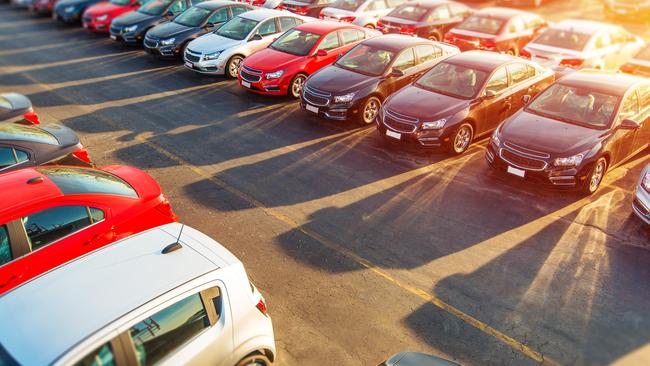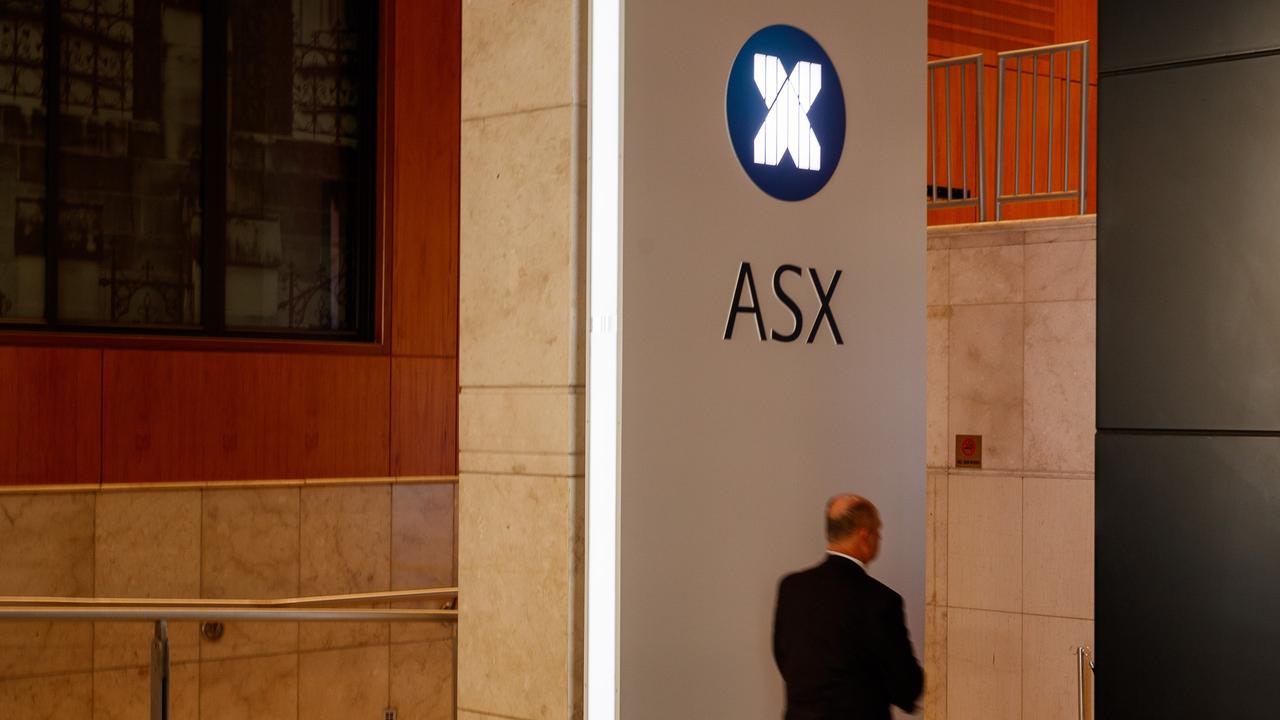Carmakers’ lobby group FCAI hits the brakes on over-regulation
The peak lobby group for global carmakers operating in Australia has called on the federal government to step back from further regulation of the industry.

The peak lobby group for global car makers operating in Australia has called on the federal government to step back from further regulation of the industry, arguing that proposed changes are unnecessary and will come at a cost to consumers.
In its submission to the government on the prospect of a separate automotive franchising code of conduct and mandatory binding arbitration between carmakers and independent dealers, the Federal Chamber of Automotive Industries (FCAI) said there was no justification for either and urged the government to judge the impact of recent reforms before pushing ahead with more change.
“It is vital that Australia’s automotive retail sector operates within a regulatory environment that fosters competition and innovation while ensuring consumers can purchase the best possible vehicles at the best possible prices and have the best possible experience,” the FCAI said in its submission.
“As has been demonstrated in other jurisdictions, this won’t happen if the relationship between manufacturers and independent dealers is overregulated.”
Recent reforms to automotive franchising regulations, brought in earlier this year, must be given the chance “to be bedded down” before additional regulations are considered, the lobby group argued.
The FCAI wants the government to take a breather of three to five years before considering further change.
“There is no justification for a separate code for the automotive sector,” the group argued.
“There is also no justification for an experimental pre-contractual arbitration scheme that would set a precedent for the rest of the economy – way beyond the automotive sector – on how contracts are negotiated.”
The lobby group also argued against expanding regulations for motorcycles and ATVs, saying there had been “no evidence of significant market failure” to justify further protections for dealers.
The FCAI’s arguments against the reforms come after a senate inquiry into the regulation of the relationship between car manufacturers and car dealers and follows changes to the Franchising Code of Conduct introduced on 1 July.
The reforms were sparked by the abrupt exit of Holden out of the local market in 2020 and the hit dealers took on inventory following its departure.
Before considering pre-contractual arbitration, the FCAI urged the government to task the Productivity Commission with completing a cost-benefit analysis on the impact on consumers.
“The concern of OEMs is that the potential for over-regulation from a stand-alone code and pre-contractual arbitration is real,” the FCAI said.
“Further regulation risks creating a two-tier regulatory system. The first, with a higher regulatory burden, would use traditional sales models. Due to the costs of over-regulation of franchising, the second would incentivise companies to use a range of other sales models.”
The lobby group also took aim at the government’s messaging that its reforms were aimed at protecting small family-owned businesses.
“Dealership ownership is becoming more concentrated and increasingly dominated by sophisticated investors, whether they be family owned conglomerates or, as is the case more and more recently, listed companies,” it wrote in its submission.
“If it is the intention of the Government to embed protection for multimillion, if not billion, dollar family-owned businesses, and multibillion-dollar listed companies, then that should be made clear to the public.”
There are currently 643 dealer groups operating around the country, with 483 owning between one and four dealerships, while six dealer groups own more than 50 dealerships between them.
The market share of dealer groups owning 1-2 dealerships has declined from 24 to 16 per cent over the past three years, showing the industry has become “increasingly corporatised and consolidated”, the FCAI said.
AP Eagers, which pocketed $130m in JobKeeper last year and then handed out dividends totalling $64m, is the biggest car dealership group in Australia, with around 10 per cent market share.
Global car giants, meanwhile, including Ford, Mazda, Mercedes and Toyota banked a combined $76.7m in JobKeeper funds in 2020, with Toyota the sole carmaker to pay back the cash following a bumper year for car sales.




